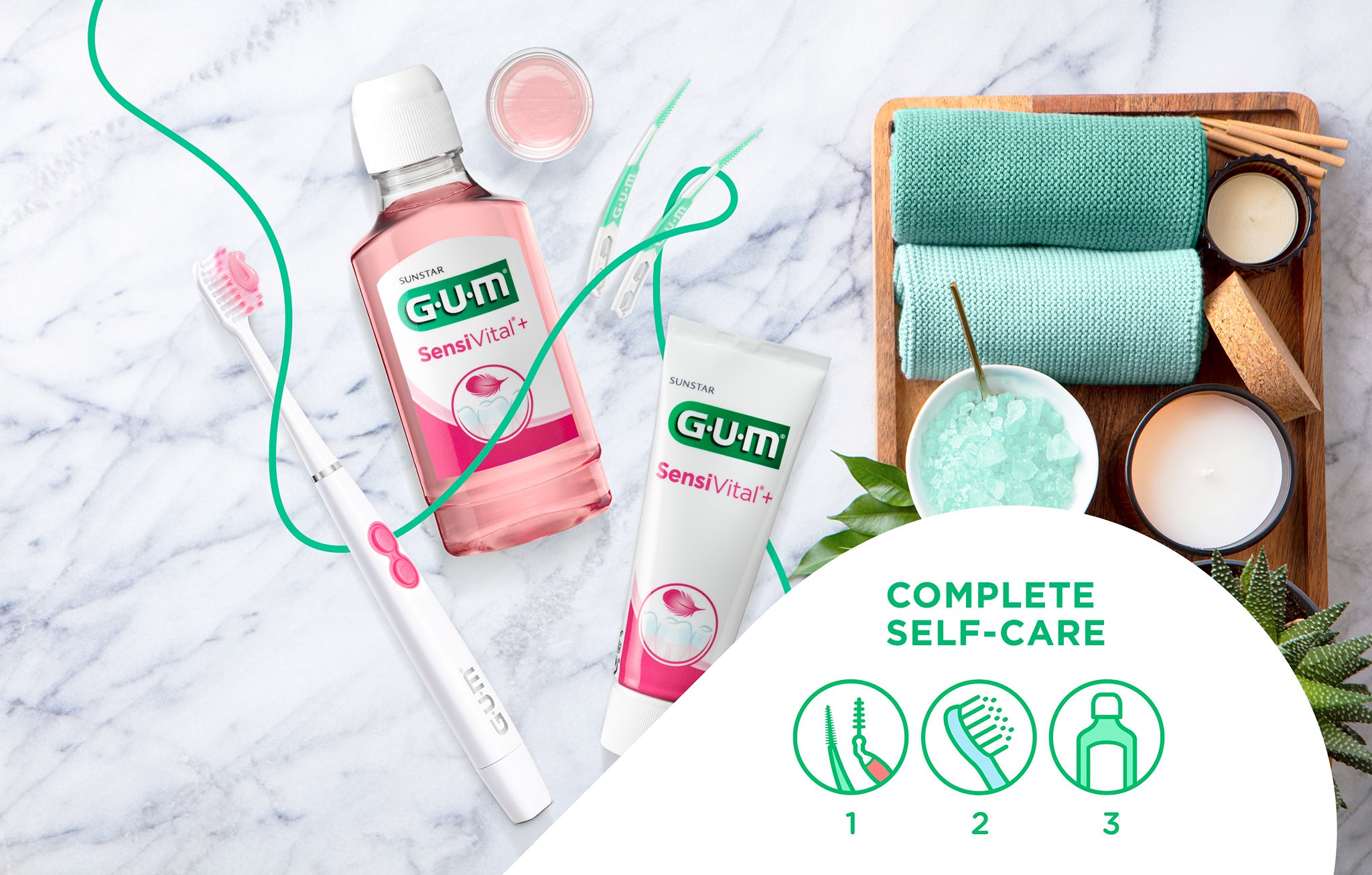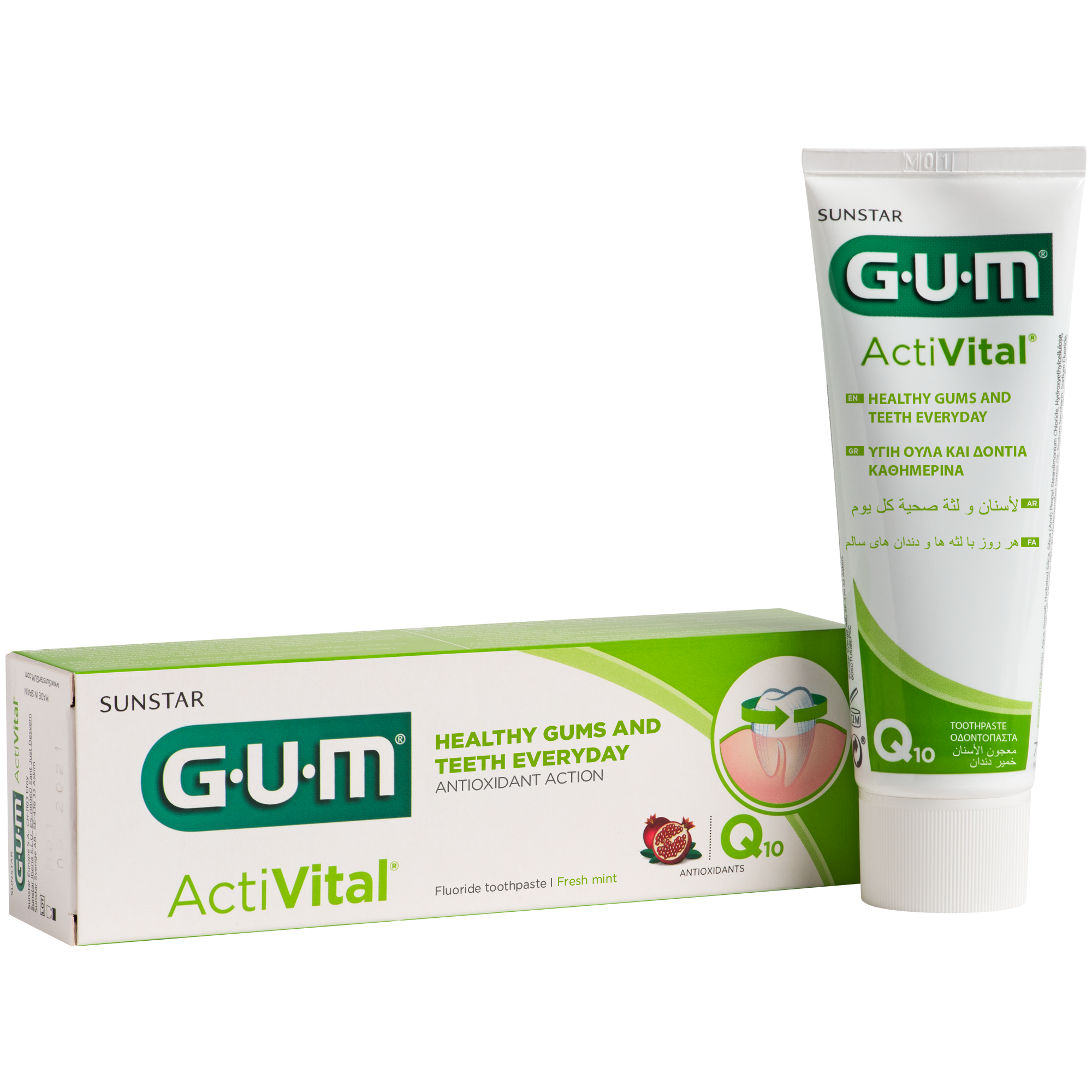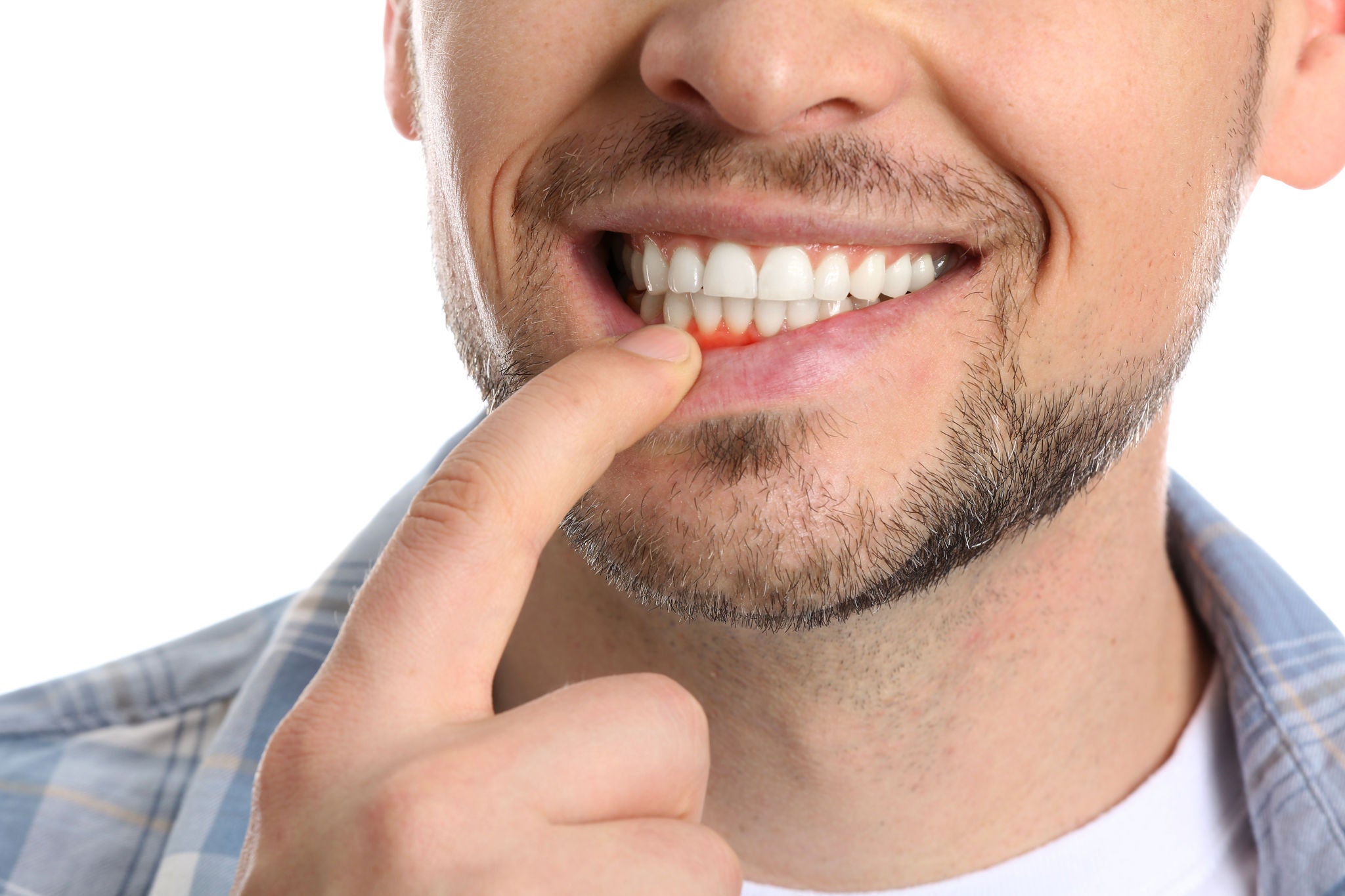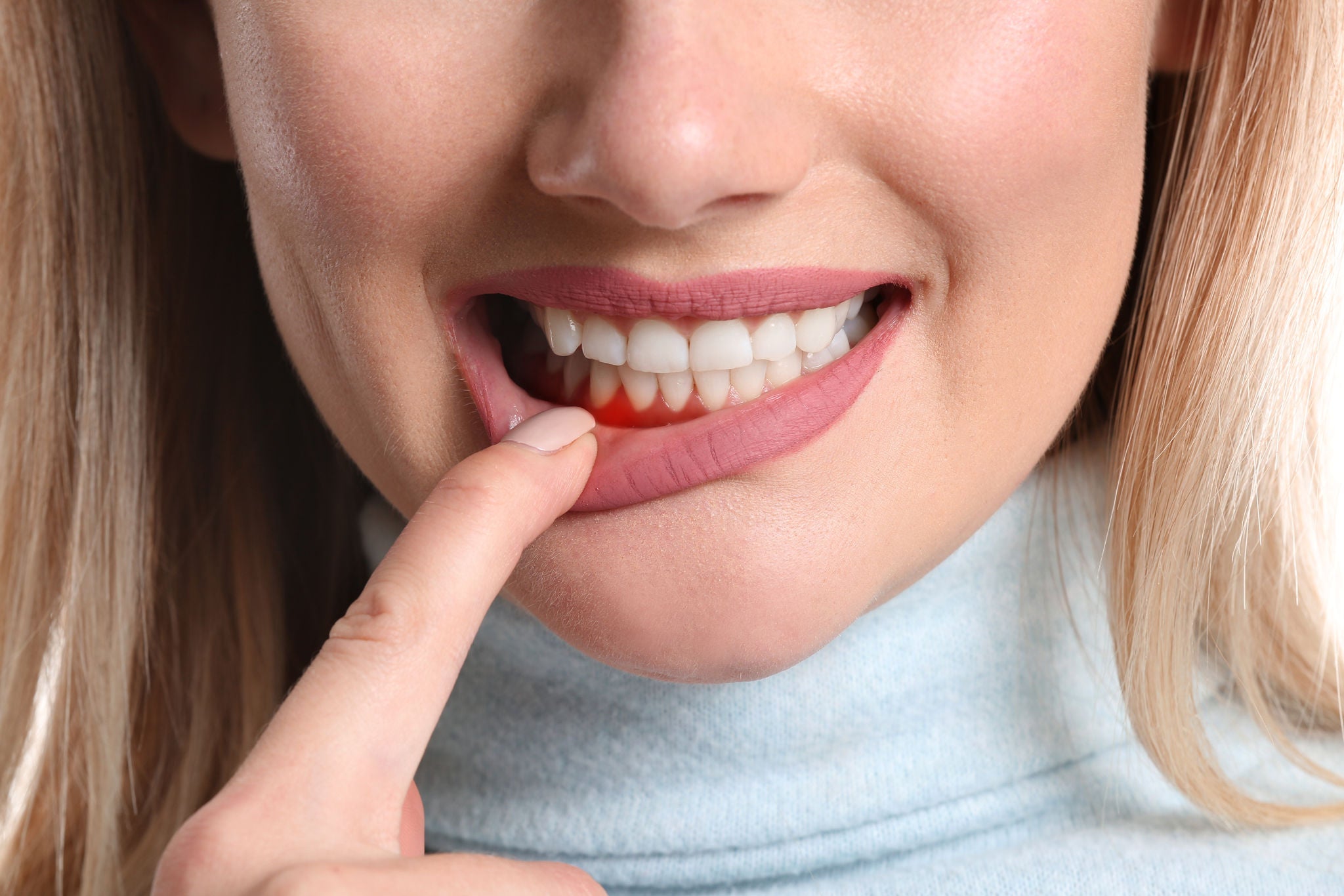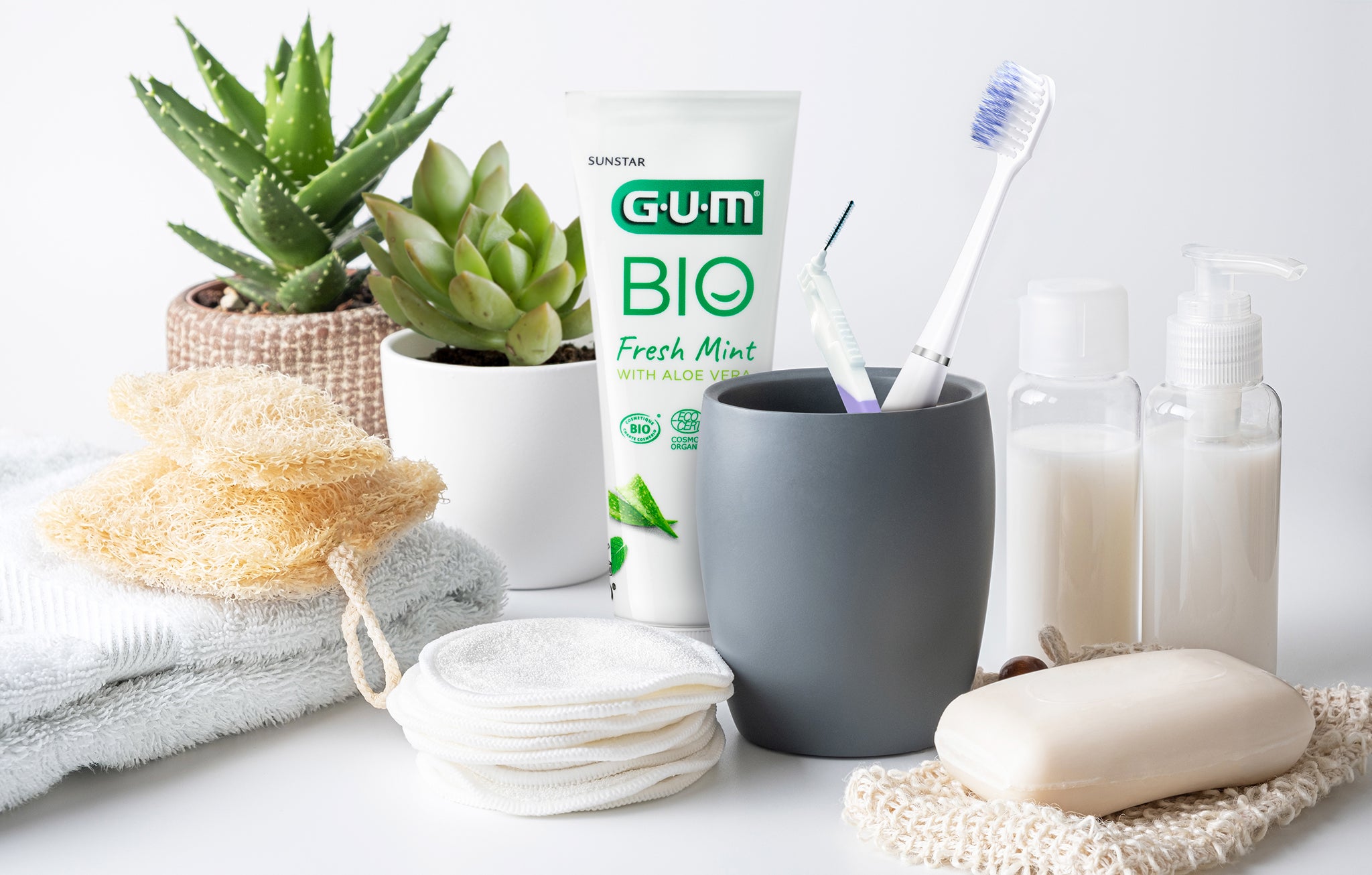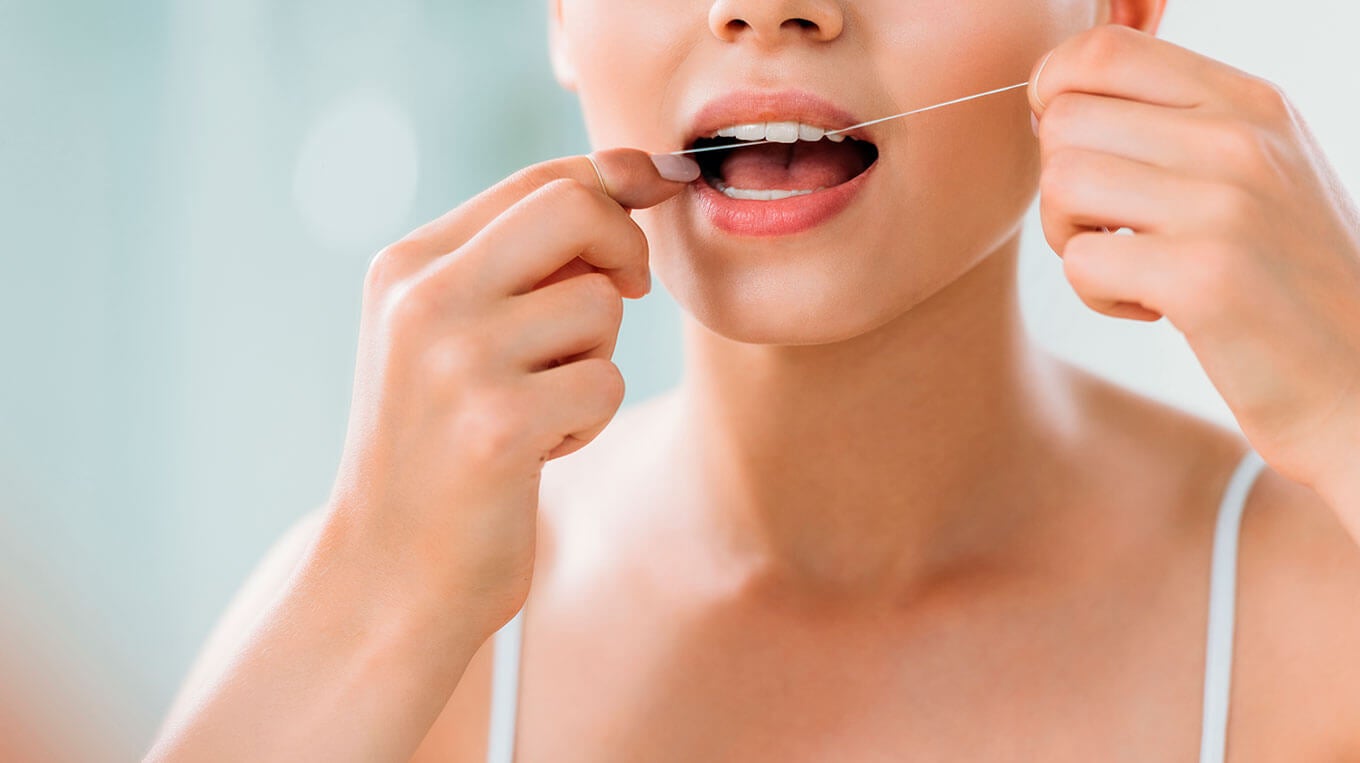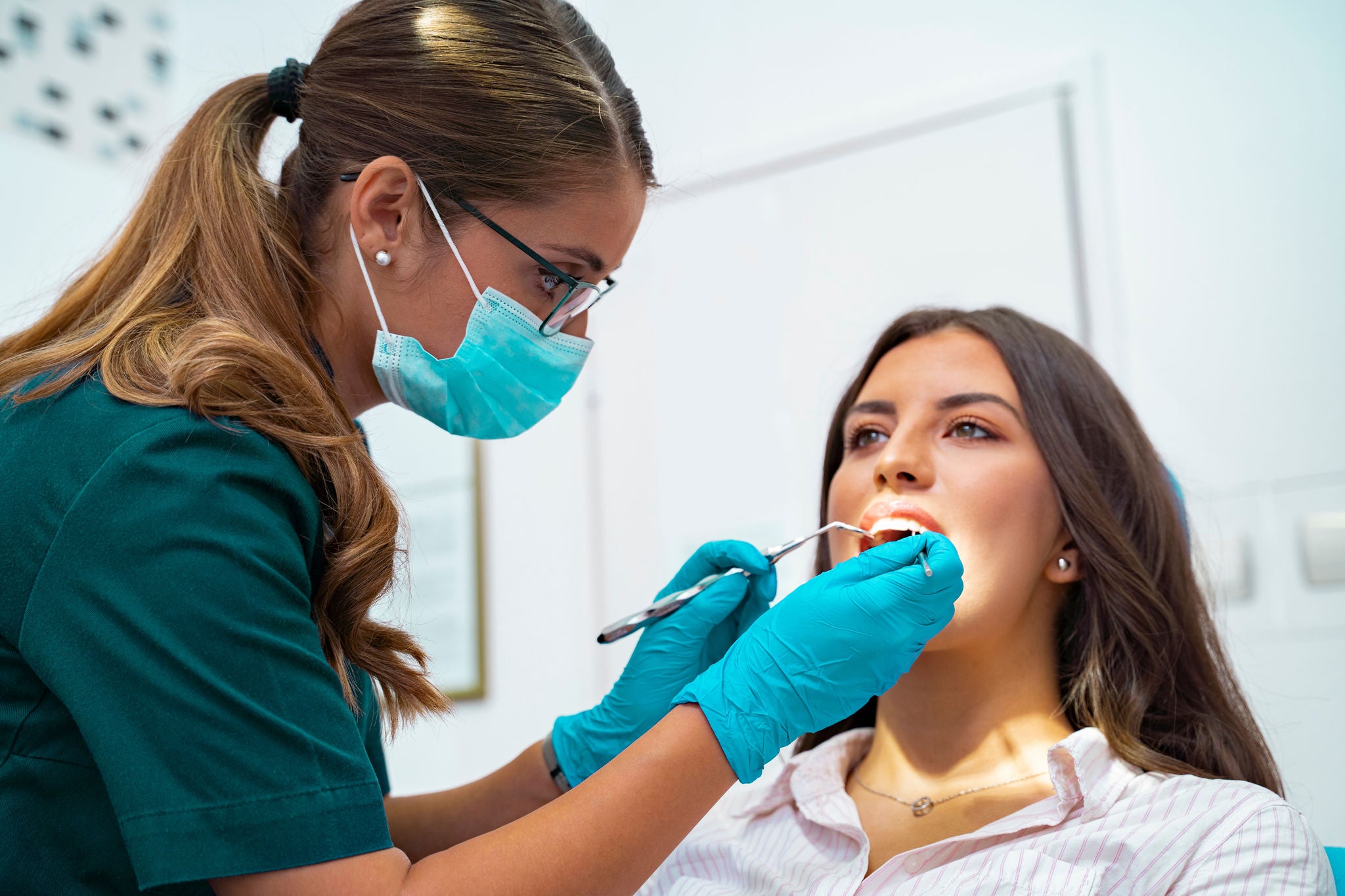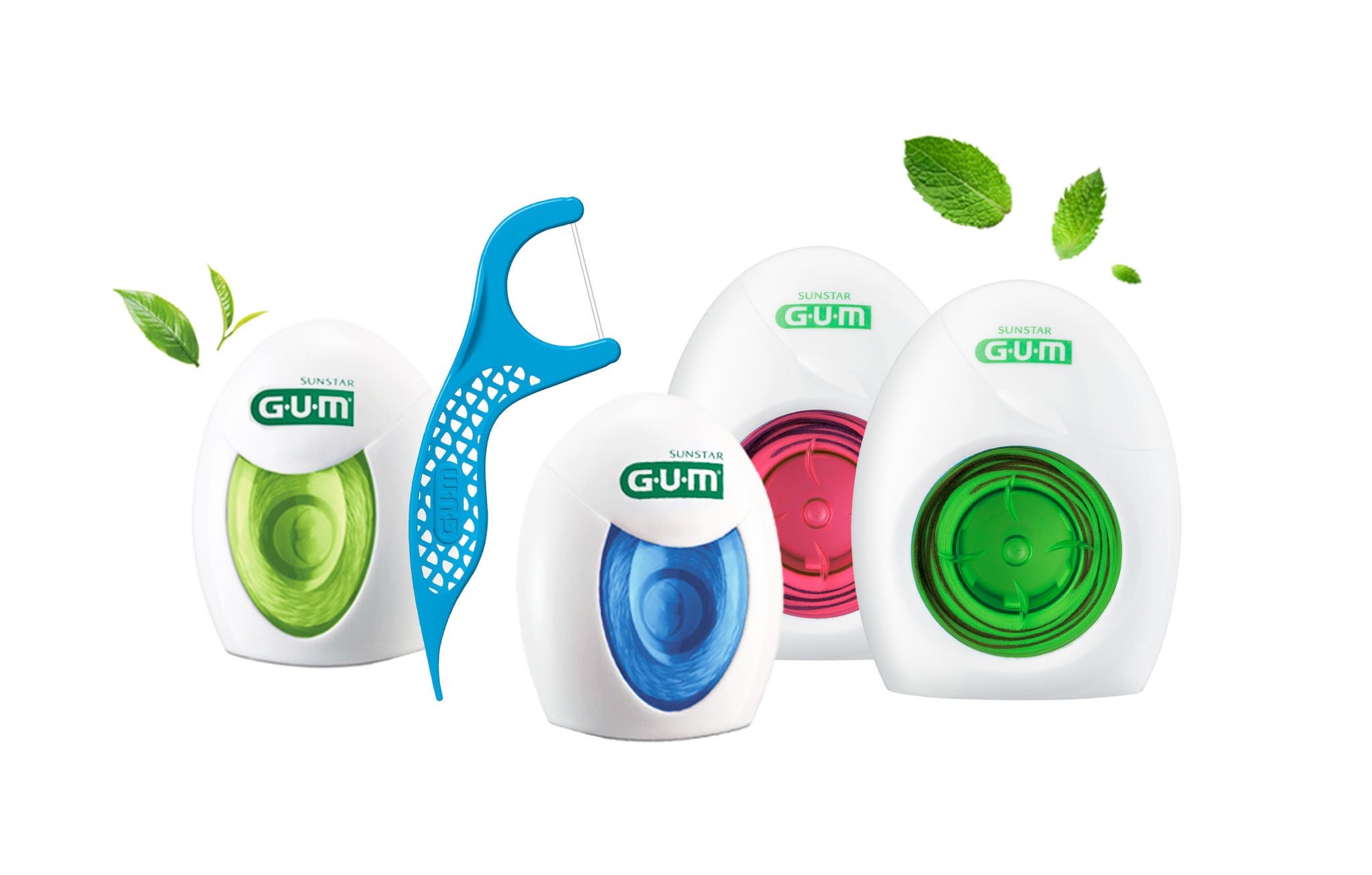
Tooth Decay: Causes & How To Prevent It
A bright and shiny smile is about more than just aesthetics. It reflects a healthy mouth (healthy gums and teeth) which contributes to a healthy body.
But maintaining that healthy smile takes effort and commitment. From brushing to interdental cleaning to regular dentist visits, a steady oral care regimen is your best bet for getting the results you desire.

Tooth decay is one of the most common health issues and can lead to significant troubles that extend well beyond anything aesthetic.
In this guide, we’ll cover what dental decay is and how to prevent tooth decay it before it starts.
What is tooth decay?
In the simplest terms, tooth decay refers to damaged areas in the teeth. This decay may be visible to the human eye or may require special equipment to identify the decayed areas.
People who have tooth decay often experience no symptoms at all, or they may experience toothache, a broken tooth, or even tooth loss. Damage due to tooth decay is permanent and irreversible, which is why these issues are so critical to prevent or address in their earliest stages.
What causes tooth decay?
Tooth decay can have a variety of causes, the most common being:
- Bacteria
- Poor oral hygiene
- Consumption of sugary drinks
- Consumption of acidic or sugary foods
- Lack of interdental cleaning
- Having fragile enamel
- Having underlying health conditions which impact oral health
- Alcohol or drug use
However, this list is far from comprehensive. Overall, there can be a combination of factors that may contribute to one’s susceptibility to tooth decay, whether hereditary or behavioural.
We strongly recommend speaking with an oral care professional to determine your own risk factors and establish a treatment plan suited to your lifestyle.
Common symptoms of tooth decay:
While many people experience no symptoms, tooth decay is known to bring some common symptoms, such as:
- Toothache
- Unpleasant taste in your mouth
- White, grey, brown, or black spots on the teeth
- Bad breath
- Tooth loss
What happens if tooth decay goes untreated?
If left untreated, tooth decay can cause a severe inflammation in the tooth that causes unbearable toothache. This is the infamous pulpitis. It can then progress to a severe infection. This is what’s called a “tooth abscess,” which can be extremely painful as well. Essentially, the tooth decay destroys the pulp of the tooth.
In some severe cases, untreated cavities may result in a root canal or even removal of the affected tooth. It is important to catch tooth decay as early as possible.
Tooth decay is one of the many hidden risks of plaque build-up. It’s a good idea to prevent dental plaque build-up - and seek treatment early - in order to avoid more severe damage.
Treatments for tooth decay
While tooth decay prevention is always the goal, sometimes it’s necessary to treat existing decay so you can get back to your baseline, healthy smile. In these cases, there are a few treatment options to consider:
Early-stage treatments
Early-stage tooth decay refers to decay that exists before a cavity is fully formed.
On top of reducing your consumption of sugary, acidic foods or drinks and improving the brushing of your teeth, a forming decay can be addressed by using a higher-fluoridated toothpaste/mouthwash and having your dentist apply a fluoride treatment or prescribing you a specific product with a higher fluoride content.
Treating cavities
In the later stages, a cavity may already be formed and will require professional treatment. This treatment may include:
- Filling the cavity
- Applying a crown (of various types depending on the extent of the cavity)
- A root canal to remove the damaged nerves
- Removing the tooth, if it cannot be restored, and replace it with a prosthesis (bridge, implants, denture)
5 tips for preventing tooth decay
Catching tooth decay before it occurs is the best way to avoid the associated negative outcomes. The good news is that great oral hygiene can go a long way when it comes to tooth decay prevention.
Here are a few tips for avoiding decay with proper dental care.
1. Use floss or an interdental brush
Toothbrushing is important, but often fails to address the areas between your teeth, which can be a prime source of tooth decay for that reason. Most are familiar with flossing.
Interdental brushes are small, flexible brushes that can be used as an alternative or substitute to flossing. Many users prefer interdental brushes when it comes to effectively removing debris from in between teeth. Interdentals help prevent tooth decay from forming between teeth.
2. Brush your teeth twice a day
Brush your teeth in the morning and then after your last meal of the day for at least two minutes. This will help clean your teeth of any food particles and plaque build-up, which could eventually cause decay.
3. Cut out sugary foods
Sweet and sticky foods like candy and soda can stick to teeth, increasing your risk of forming cavities. While having some sugar in your diet is okay (and even healthy), you should avoid excess and be sure to clean your teeth so the sugar doesn’t cause decay. Remember, sugar is the nutrition for bacteria, so cutting down on sugar is giving these bacteria less of a chance to survive and grow.
4. Use a fluoride toothpaste
Fluoride incorporates into the enamel to strengthen it, preventing decay and cavities. Consider investing in a fluoride-rich toothpaste to help prevent tooth damage and cavities. On the product packaging you can find indications of fluoride concentration as “part per million” (ppm). From 2 to 6 years it shouldn’t be above 500 ppm (to avoid fluorosis in children, an excess of fluoride that appears as white spots on teeth) and from 6 years old, 1450 ppm.
5. Eat nutritious, balanced meals
Eating healthy foods will make teeth less susceptible to decay as they will steer you away from an excess of sugar and acid. Some of the best foods for your teeth include celery, carrots, leafy greens, nuts, meats and fatty fish, and crunchy vegetables.
Avoid snacking between meals as snacks, often sweet, will maintain an acidic environment in the mouth (from the transformation of the sugars into acids by bacteria) that saliva will not have time to neutralize if the intakes are frequent and that will favour tooth decay.
The same applies to sugary drinks.
Tooth decay prevention from SUNSTAR GUM®
At SUNSTAR GUM, we’re dedicated to helping people achieve oral health results that are worth smiling (brightly!) about. This starts with great oral hygiene and using the best tools for keeping your teeth in tip-top shape.
Our dental care products are made with tooth decay prevention in mind. Even better, they’re made for your comfort and ease, so taking care of your teeth doesn’t have to feel like a chore!
